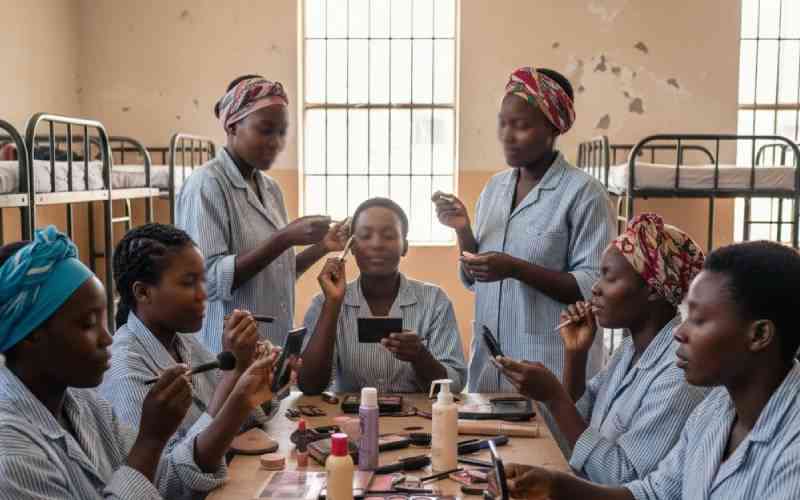Dr Ombeva,

My three-week-old baby has grown breasts. It started when we left the hospital three days after delivery. Initially I thought they would go back to normal, but now they have continued to enlarge and I am worried. What could be the problem?
Jane
Dear Jane,
It is normal for babies to have mild or swollen, enlarged breasts or buds under the nipple. In the first few weeks of life, this is a normal manifestation of breast tissue that will later resolve spontaneously. It is caused by hormones from the mother which crossed into the foetus through the placenta and have now made their way to the new-born baby’s breast tissue.
The same hormones that cause the mother’s breasts to swell and produce milk have a similar effect on baby’s breasts. In some few cases, the baby’s breasts may also produce milky white discharge from the nipple.
The bud in your baby’s breast is not commonly associated with redness, nor is it hot to touch. It carries no consequence for future early breast development of the child during puberty.
If you, however, note the bud to be changing in size, or surrounding redness, and pain to touch, then consult a paediatrician, since that may suggest an infection in the breast tissue, or of a clogged duct that may need further medical attention.
Under no circumstances should you squeeze or prod the baby’s breast tissue. Rarely, among toddlers, some form of breast enlargement may occur, but of a different cause, a condition called benign thelarche.
It is more common in females, and is usually related to an increased circulating estrogen level. It usually occurs under the age of three, and the breast may grow in proportion with the toddler for approximately six months before it begins to recede. Rarely, the breast tissue may remain unchanged into puberty period. It should not signal an early onset of puberty or an abnormal growth of the mature breast in a child. However, when the breast development changes rapidly or is accompanied with clear usual signs of puberty, for example axillary or pubic hair or growth in genitalia, then an underlying over production of hormones must be considered and consultation with a paediatrician is advised.
- Dr Ombeva Malande is a paediatrics and child health expert
 The Standard Group Plc is a multi-media organization with investments in media
platforms spanning newspaper print
operations, television, radio broadcasting, digital and online services. The
Standard Group is recognized as a
leading multi-media house in Kenya with a key influence in matters of national
and international interest.
The Standard Group Plc is a multi-media organization with investments in media
platforms spanning newspaper print
operations, television, radio broadcasting, digital and online services. The
Standard Group is recognized as a
leading multi-media house in Kenya with a key influence in matters of national
and international interest.


